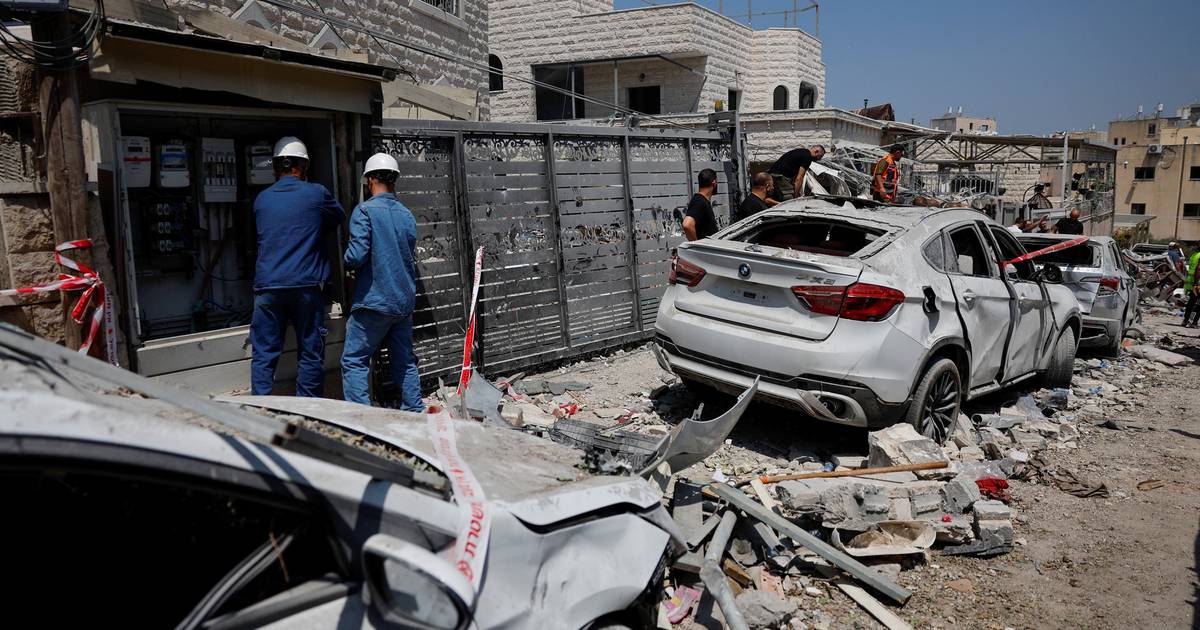Israeli Prime Minister Benjamin Netanyahu stated that Israeli airstrikes on Iran were launched to prevent a nuclear holocaust, claiming that Iran was close to developing a nuclear bomb. Israel conducted a series of strikes on Iranian military and nuclear targets, escalating the conflict between the two countries. Iran responded with missile attacks on Israeli cities, including Tel Aviv. The international community is calling for restraint as tensions rise. U.S. President Donald Trump expressed hope for a soon peace between Israel and Iran, while diplomatic efforts to de-escalate the conflict are ongoing. The economic consequences of the conflict are already felt in global markets, particularly in stock market declines and rising oil prices. Croatian officials confirm the safety of their citizens in Iran and are monitoring the situation. This conflict is portrayed as a key geopolitical event with potentially far-reaching consequences for regional and global security.
Political Perspectives:
Left: Left-leaning reports tend to emphasize the humanitarian consequences of the conflict, the risks of escalation into a wider war, and the need for diplomatic solutions. They often highlight the dangers of military aggression and the impact on civilians, calling for restraint and peaceful negotiations.
Center: Center-leaning coverage focuses on the factual reporting of events, including the military actions by Israel and Iran, statements by leaders, and international diplomatic efforts. It presents the conflict as a serious geopolitical issue with significant regional and global implications, emphasizing the balance between security concerns and the need for de-escalation.
Right: Right-leaning narratives emphasize Israel’s right to defend itself against existential threats posed by Iran’s nuclear ambitions. They often support the military actions as necessary preventive measures to stop Iran from acquiring nuclear weapons, portraying Iran as a dangerous regime and stressing the importance of strong security policies.

